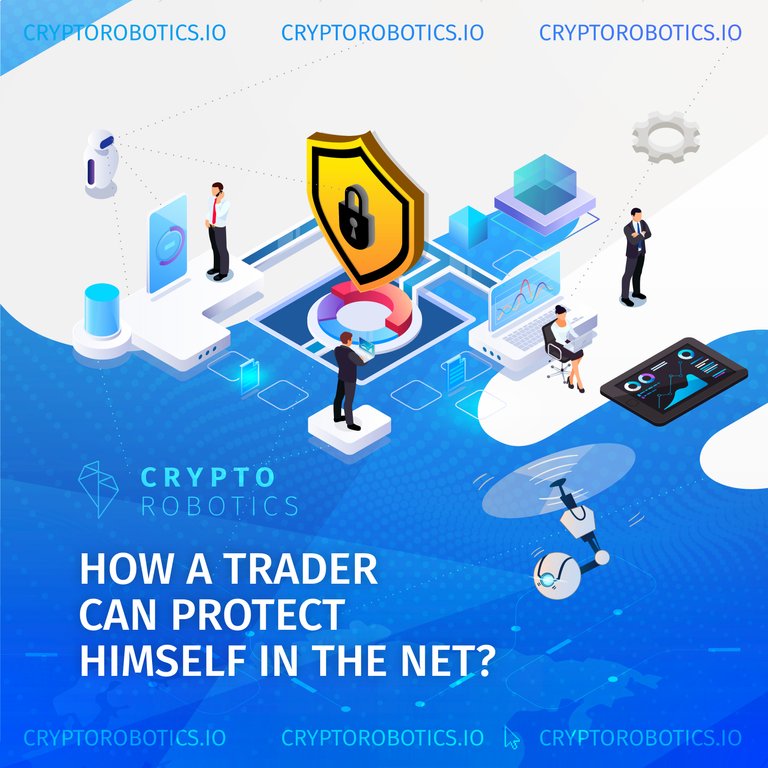We gathered eight main rules that will help to protect personal info and make you anonymous in the internet.
Set just complex passwords
Set different passwords for each account in social networks and mailbox. If mail is hacked, accounts can be hacked as well by simply applying the same password.
To create a password, use numbers, punctuations, uppercase and lowercase letters. You should have something like 1O§3kJbd73 # fDD $ - such password cannot be cracked. If you are afraid to forget or lose your password, but you want it to be secure, use non-obvious things: for example, enter the cat's date of birth, his nickname in reverse, or something like that. And it is better to keep it in a notebook.
Enable two factor authentication
In addition to a complex password enable two-factor authentication - in order to log in, you will have to enter a one-time code from an SMS, scan a fingerprint or confirm the action on your phone.
For example, a hacker will not be able to hack an account in the Cryptorobotics terminal - he will not be able to log in until you confirm the action on the phone.
Do not send screenshots via programs
Try not to store photo documents, checks or other personal information in file hosting services and on the Internet in general.
Programs for quick links and file sharing have security holes. When sending a quick screenshot, the program generates a link with a sequence number. If you replace a number or letter in such a link, someone else will be able to see your screenshot.
Do not connect your laptop to public Wi-Fi
Hackers can access your devices through public Wi-Fi in cafes, train stations and airports. Hackers will have an access to all information that you send via Wi-Fi.
Do not use Wi-Fi for cryptocurrency transactions and for trading. It is better to trade through the mobile Internet or even work from home.
Do not follow short links
Hackers copy and edit short links that are usually generated by programs for quick screenshots or social networks.
If an unknown user sends such a link - do not click on it. A funny picture can hide malware that is automatically downloaded to your computer.
Do not open SMS on smartphone from unknown users
If someone unfamiliar sent SMS or even mms - delete it without opening. Half of these messages are simple notifications and mailings, the other part is viruses. Sms are not protected by encryption, so do not send any personal information via sms.
Use secure VPN networks
Our data on the Internet is not protected. Anyone can get information about you, even the software version and location. On ipleak.com you can check out what info is available about you right now.
To protect yourself on the network - use VPN encryption. When using VPN, you enter the Internet not directly, but through a VPN server. It encrypts your data, including IP address and location. Your online presence becomes anonymous and no one will ever know your search history.
Create temporary email
Many unscrupulous sites transfer information about you to third parties. And moreover, the mailbox can be registered on some suspicious resource without your confirmation.
To avoid this, get a second mail or use services with temporary mailboxes to register on unfamiliar sites. In there you can set the time of existence of mail from an hour to a week.
Good luck and profits!
 )
)